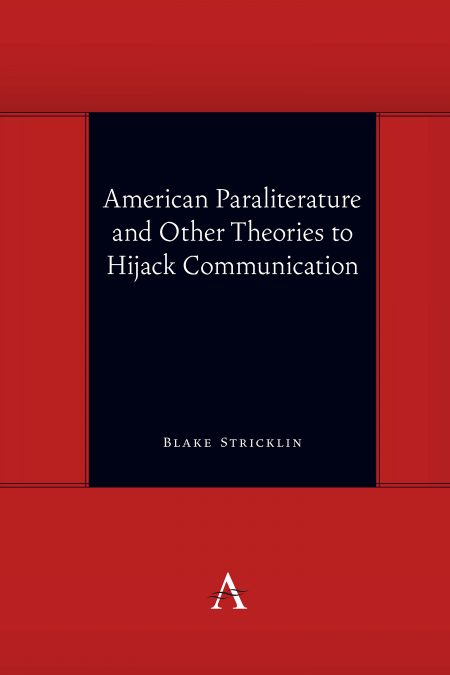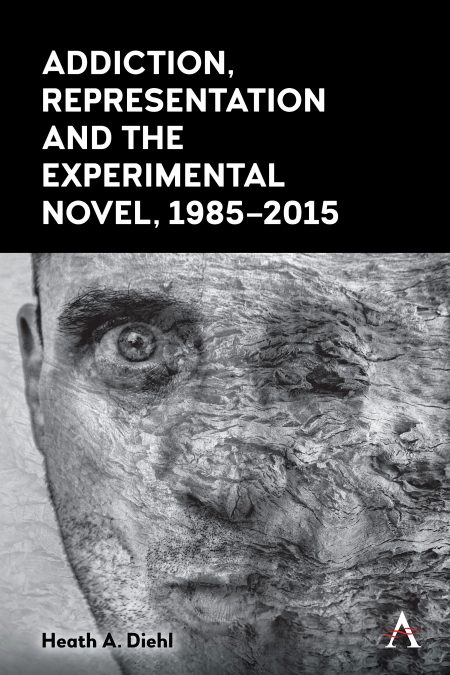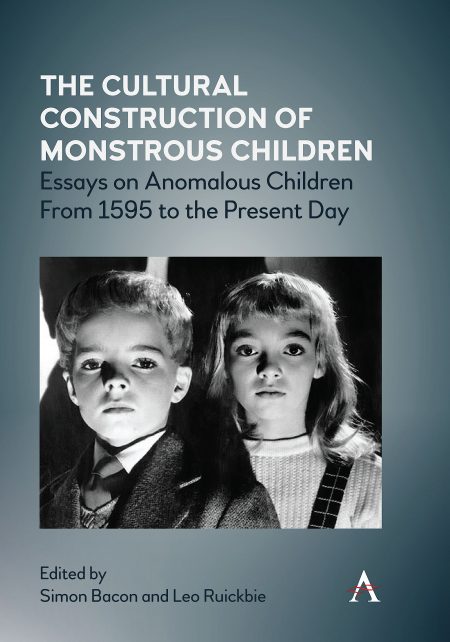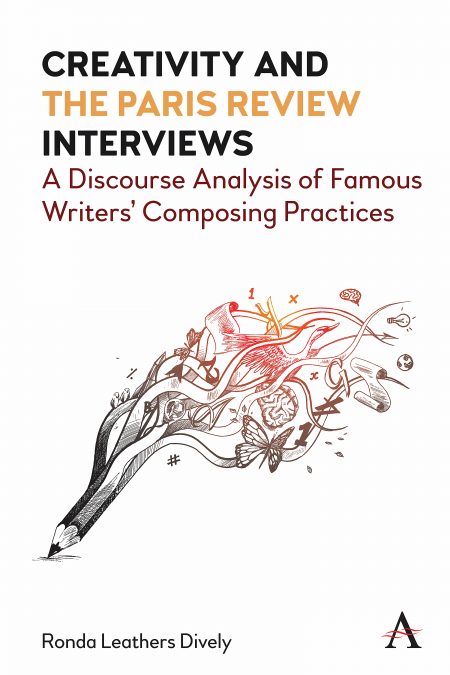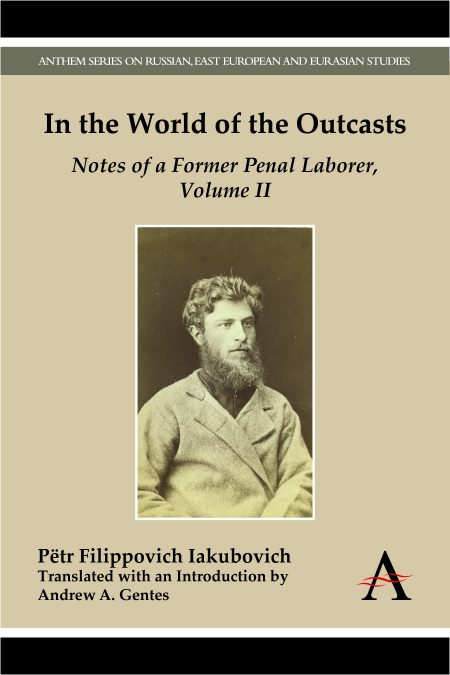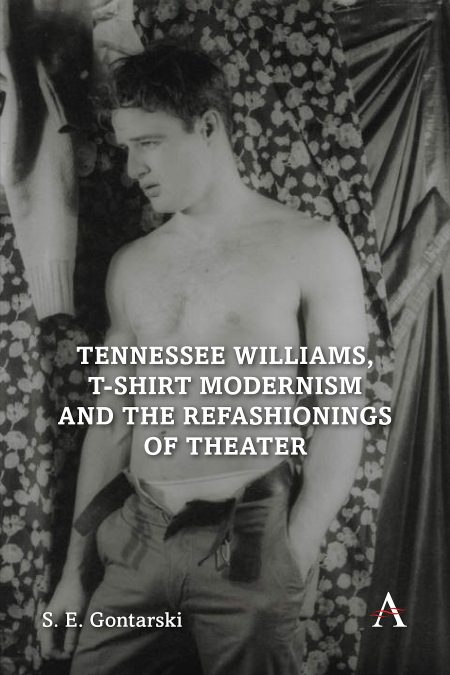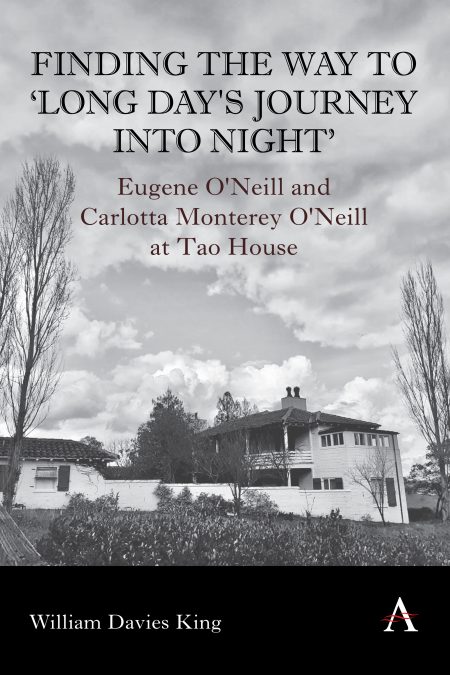Finding the Way to ‘Long Day’s Journey Into Night’
Eugene O'Neill and Carlotta Monterey O'Neill at Tao House
William Davies King
Select Format
Title Details
- ISBN: 9781839992490
- July 2024
- Pages: 300
Eugene O’Neill wrote his most enduring and important plays after he won international acclaim as the first and only American playwright to receive the Nobel Prize in Literature in 1936. In the midst of the Great Depression, with his health failing and spirits sunk, he and his third wife, former actress Carlotta Monterey, moved to California to escape the materialism and commercialism of a declining “West,” and they built a new home called Tao House. A reasonably good translation of tao is “the way,” and in this house, which was largely the creation of Carlotta, he found the way to his most famous play, Long Day’s Journey Into Night.
As an unusually explicit autobiographical drama, this play returns to 1912, the outset of O’Neill’s writing career, when he confronted tragedy in his family story and found a way to dramatize his mother, father, brother, and himself in a way that has resonated with audiences since its publication and production in 1956. But this book argues that the play originates as much in the moment of its creation, 1939–1941—in the family relationships, the historical circumstances, and the fact that this work would represent a moment of closure of his great career.
Key to this heroic story of creation is the intervention of his wife, Carlotta, whose diaries enable a day-to-day observation of how the play was written. She was the driving force behind the design of Tao House, and she managed the rhythms and patterns of life within its architecture. It was her masterpiece, just as Long Day’s Journey was his. This book develops a close reading of their house and marriage and also uses many of O’Neill’s previous plays to illuminate the breakthrough of Long Day’s Journey.
This book is the most granular and at the same time the most far-reaching inquiry into how this quintessential play was written (and almost not written) and how it came into the world.
William Davies King is Distinguished Professor of Theater and Dance at the University of California, Santa Barbara, and a veteran scholar of Eugene O’Neill, his life and works, also his wives.
Related products
-
American Paraliterature and Other Theories to Hijack Communication
Blake Stricklin
March, 2021
£125.00 / $125.00 -
Addiction, Representation and the Experimental Novel, 1985–2015
Heath A. Diehl
December, 2020
£125.00 / $125.00 -
The Cultural Construction of Monstrous Children
Essays on Anomalous Children From 1595 to the Present Day
Edited by Simon Bacon, Leo Ruickbie
September, 2020
£125.00 / $125.00 -
Creativity and “the Paris Review” Interviews
A Discourse Analysis of Famous Writers' Composing Practices
Ronda Leathers Dively
February, 2022
£125.00 / $125.00 -
In the World of the Outcasts
Notes of a Former Penal Laborer, Volume II
Pëtr Filippovich Iakubovich
translated by Andrew A. Gentes
introduction by Andrew A. GentesFebruary, 2014
£130.00 / $130.00 -
Tennessee Williams, T-shirt Modernism and the Refashionings of Theater
S. E. Gontarski
July, 2021
£24.99 / $24.99


